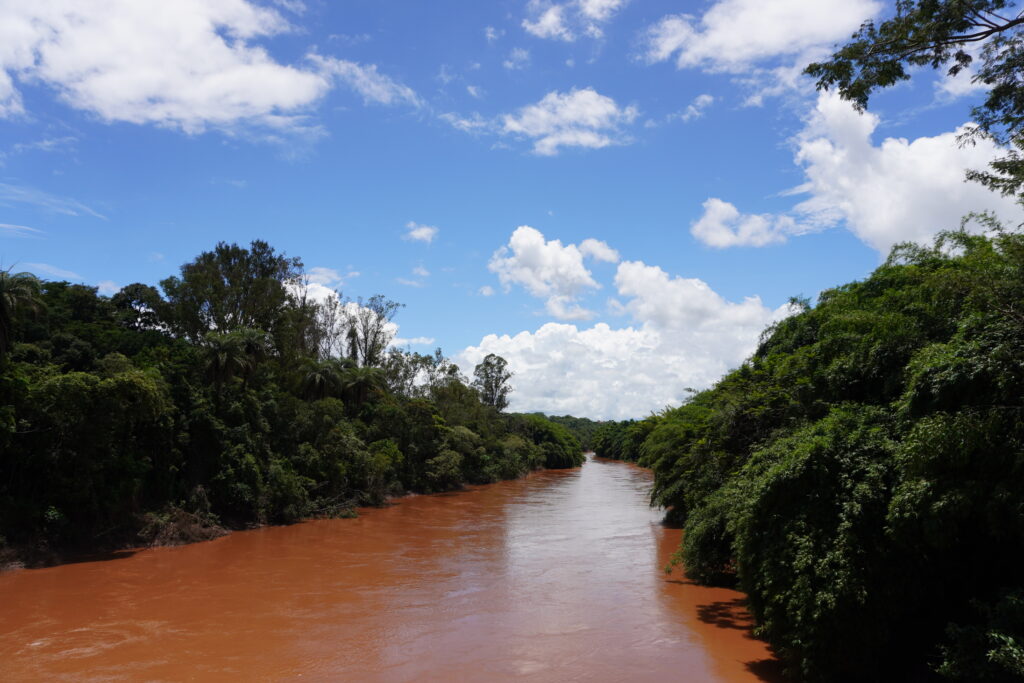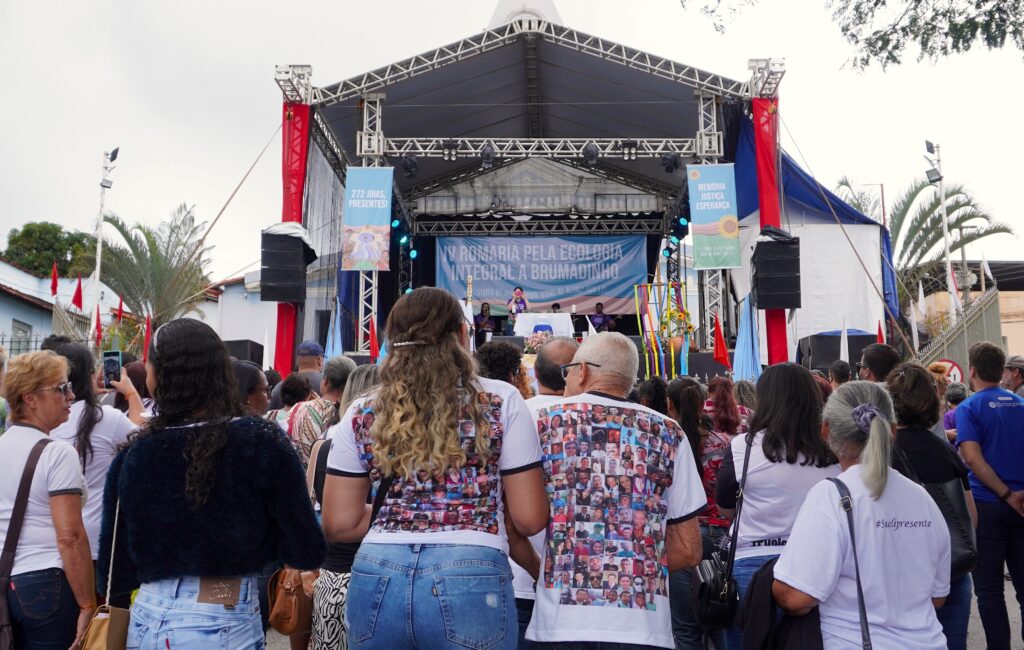January 25, 2024, will mark the fifth anniversary of the catastrophic tailings dam failure at Vale’s mine in Brumadinho, Brazil, where 272 people, including two pregnant women, died. Vale, who knew about the dam’s stability concerns, failed to protect its workers and residents in nearby downstream communities. Today, company representatives are facing homicide charges for their role in the tragedy.
As the UN Climate Change Conference (COP) winds down in Dubai, several of the world’s biggest mining companies, like Vale and Rio Tinto, have attempted to influence climate conversations over the last two weeks with representatives of governments, negotiators, businesses, and civil society groups.
Meanwhile, communities, NGOs, and trade unions–who have seen firsthand the abuses of these companies–continue to bring attention to the need for higher standards on human rights and responsible solutions to mining’s environmental risks, such as mining waste. They also call for stricter adherence to the principles of the United Nations Declaration on the Rights of Indigenous Peoples.
Despite many promises to the contrary, mining corporations continue to ignore these demands.
In the years since, Vale has invested in improving its image in Brazil and abroad. “Our commitment is to prioritize people, repair, and guarantee a safe operation,” Vale states in its promotional materials. However, people living near Vale’s mines continue to experience human rights violations, environmental degradation, and trauma. Vale’s actions reveal that it still does not prioritize people. Instead, it remains focused on its bottom line and saving its reputation.

Bereaved families of Brumadinho victims, who have struggled to access adequate reparations, have advocated for the company to change its policies and practices. Their efforts to ensure Vale addresses the harms caused by the dam failure have taken a toll because it forces them to relive their loss repeatedly.

The company also holds a dismal Indigenous rights record. While over 50 Indigenous and Afro-descendant communities were identified in the area of influence for Vale’s proposed Serra da Serpentina project, the company did not conduct a process for Free, Prior, and Informed Consent with any of them.
The company’s operations in Indonesia have also come under fire. Its plan to expand nickel mining and evict residents raised fears from communities and human rights organizations. People living in the area were also concerned about the mine’s impacts on their water, health, livelihood, and food security. Those who protested against Vale, including small-holder pepper farmers, were arrested.
And despite its legacy of human rights and environmental violations, Vale is welcomed as a member of the International Council on Metals and Mining. This trade association describes itself as “a global leadership organization for sustainable development.”
For all its human rights abuses and environmental violations, what is Vale doing at COP28? Suppose the global climate summit is meant to help countries mitigate the impacts of climate change for a clean energy future. In that case, the mining, oil, and gas corporations attending these high-level events must be held accountable for their actions.
